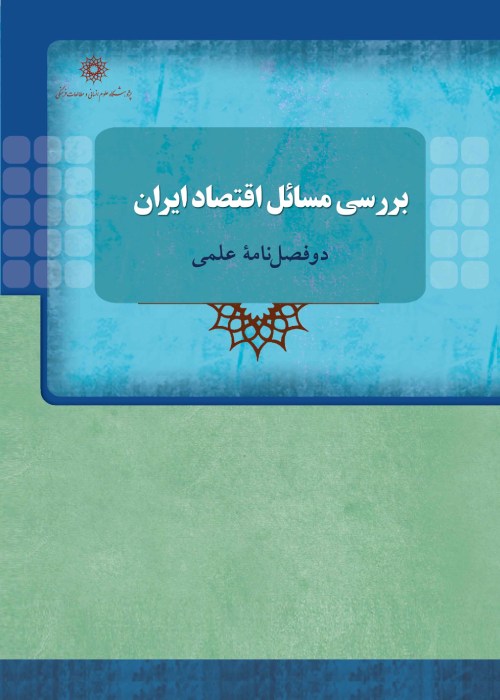An Introduction to the Theory of Incentives: Concept, Methodology, and the Formation Trend of its Basic Approaches
Author(s):
Abstract:
During the 1950's and 1960's, the theoretical trend in economics, particularly neoclassical economics, was rested on certain assumptions including rational behavior maximization, methodological individualism, and complete information. Some economists believe that such inflexible assumptions caused the failures of neoclassical economics and hence, established a new method for studying and analyzing the economic relations. Instead of using general equilibrium models, their basic idea is centered on partial analyses to clarify the complexities of strategic interactions among economic agents possessing private information. A firm in this approach is considered as an organizing structure rather than a production function or a technical foundation. In this structure both the process in the formation of a contract among economic agents due to lack of symmetric information and the ways that lead the agents to make appropriate decisions are analyzed by using the incentive theory. This study is mainly aimed at introducing the incentive theory, explicating its operational method, as well as implementing it in empirical contexts.
Keywords:
Language:
Persian
Published:
Biannual Journal Eqtesad-e Tatbigi, Volume:2 Issue: 1, 2015
Pages:
72 to 97
magiran.com/p1437828
دانلود و مطالعه متن این مقاله با یکی از روشهای زیر امکان پذیر است:
اشتراک شخصی
با عضویت و پرداخت آنلاین حق اشتراک یکساله به مبلغ 1,390,000ريال میتوانید 70 عنوان مطلب دانلود کنید!
اشتراک سازمانی
به کتابخانه دانشگاه یا محل کار خود پیشنهاد کنید تا اشتراک سازمانی این پایگاه را برای دسترسی نامحدود همه کاربران به متن مطالب تهیه نمایند!
توجه!
- حق عضویت دریافتی صرف حمایت از نشریات عضو و نگهداری، تکمیل و توسعه مگیران میشود.
- پرداخت حق اشتراک و دانلود مقالات اجازه بازنشر آن در سایر رسانههای چاپی و دیجیتال را به کاربر نمیدهد.
In order to view content subscription is required
Personal subscription
Subscribe magiran.com for 70 € euros via PayPal and download 70 articles during a year.
Organization subscription
Please contact us to subscribe your university or library for unlimited access!


